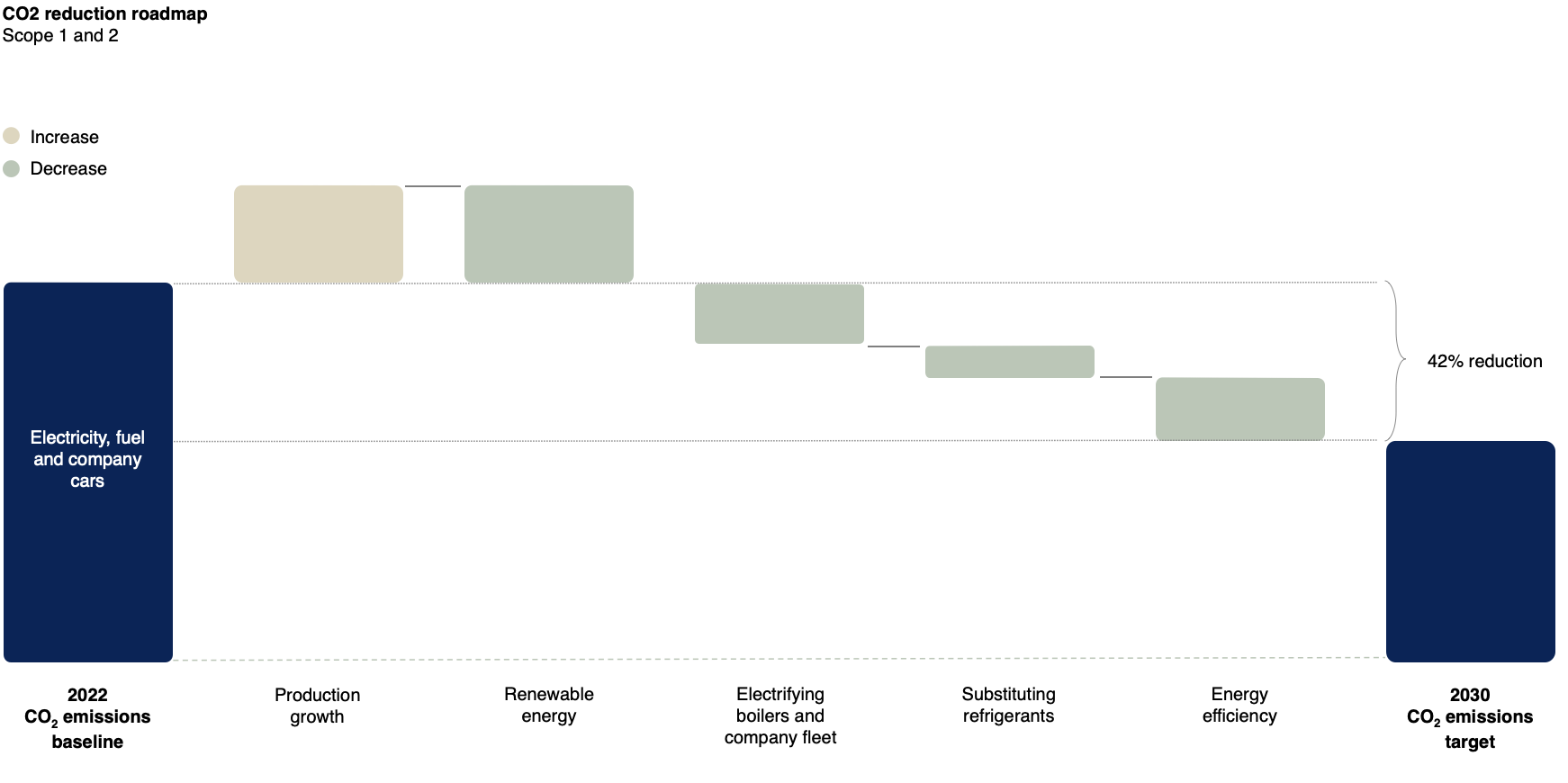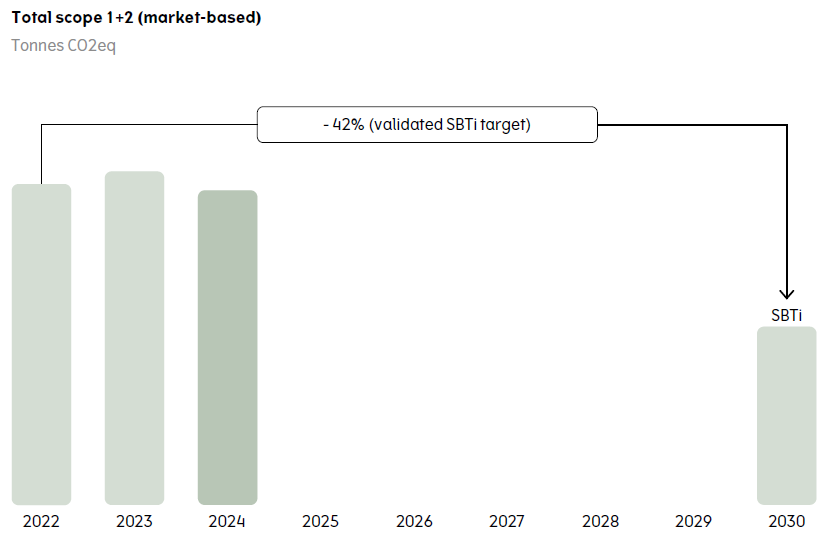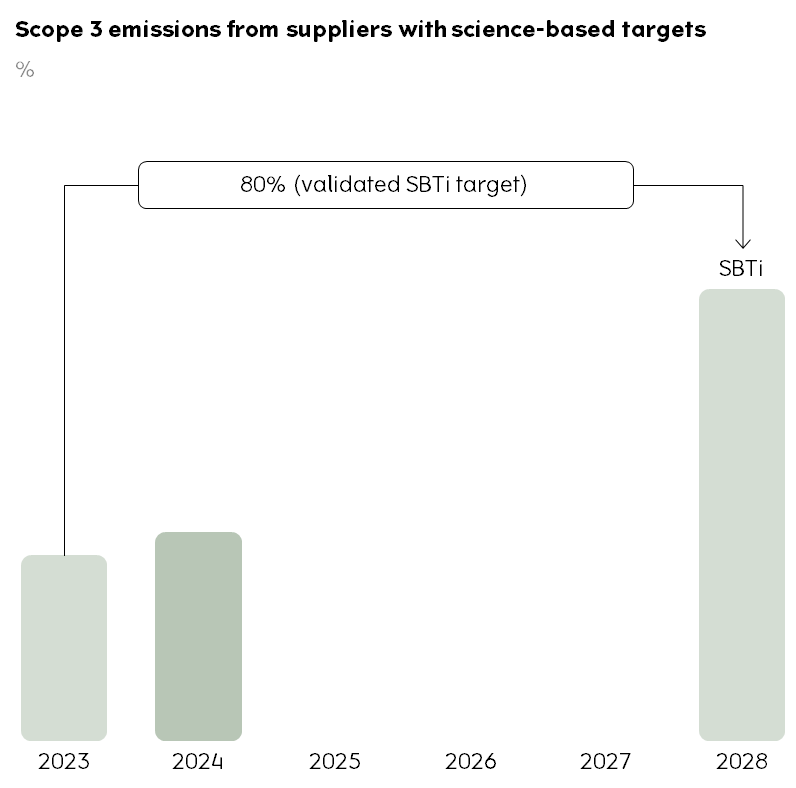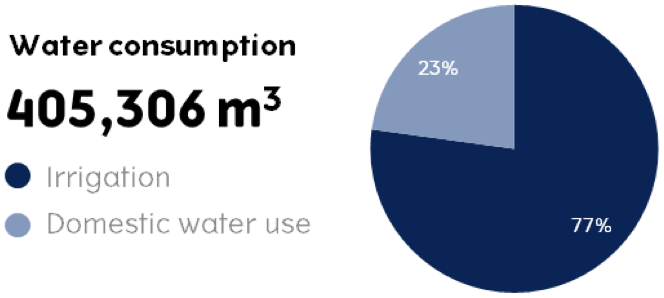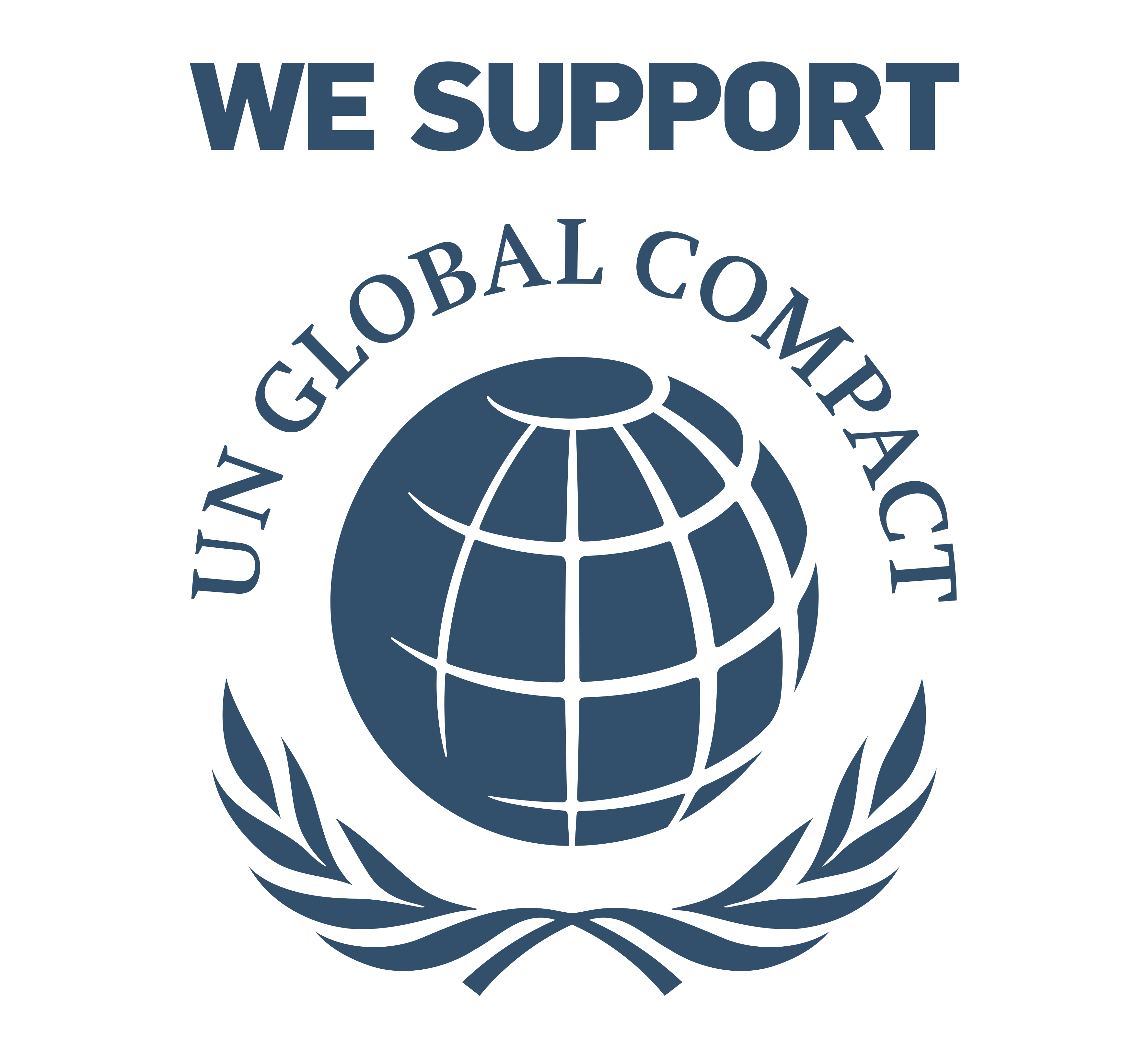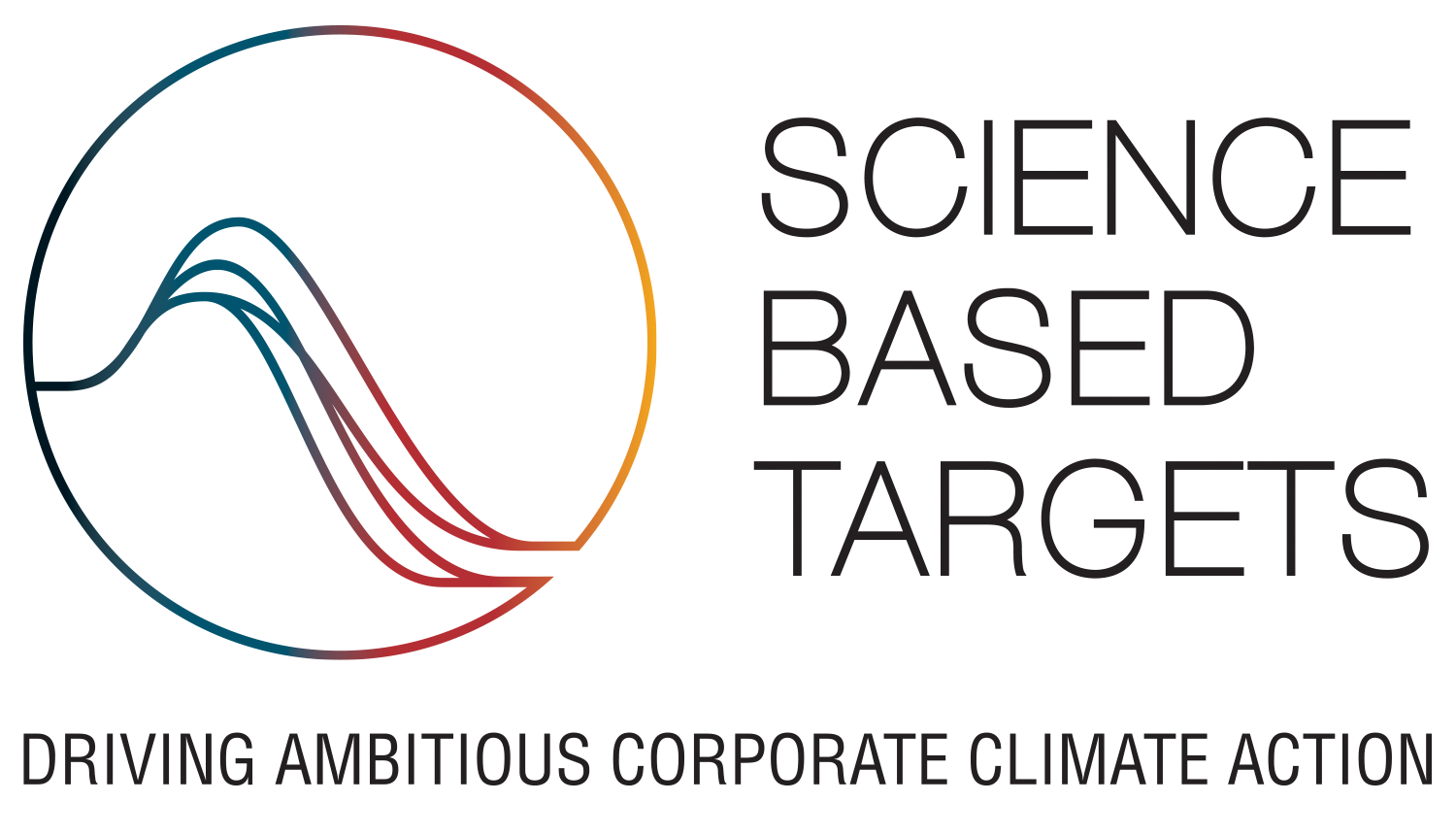a) Right to access
You have the right to request access to your personal data held by ALK, as well as additional details.
b) Right to rectification
You have the right to request correction of inaccurate or incomplete personal data.
c) Right to erasure
You have the right to request the deletion of personal data, except when retention is required by law. In special circumstances, you may have the right to have your personal information deleted before our general deletion deadline occurs.
d) Right to restrict processing
You have the right to request the restriction of the processing of your personal data. If you have the right to restrict processing, we may only process the information in the future – except for storage – with your consent or for the purpose of establishing, exercising, or defending legal claims, or to protect a person or vital societal interests.
e) Right to object
You have the right to object to the processing of your personal data in certain circumstances. If you object to ALK's processing of your personal data based on specific reasons related to your particular situation, ALK, as a general rule, may no longer process the personal data. However, an exception exists if ALK demonstrates compelling legitimate grounds for the processing that outweigh your interests, rights, and freedoms, or if the processing is necessary for establishing, exercising, or defending legal claims.
f) Right to data portability
In specific situations, you are entitled to receive your personal data in a structured, widely used, and machine-readable format.
If you would like to exercise any of these rights, please contact us using the contact details provided in section 1.


